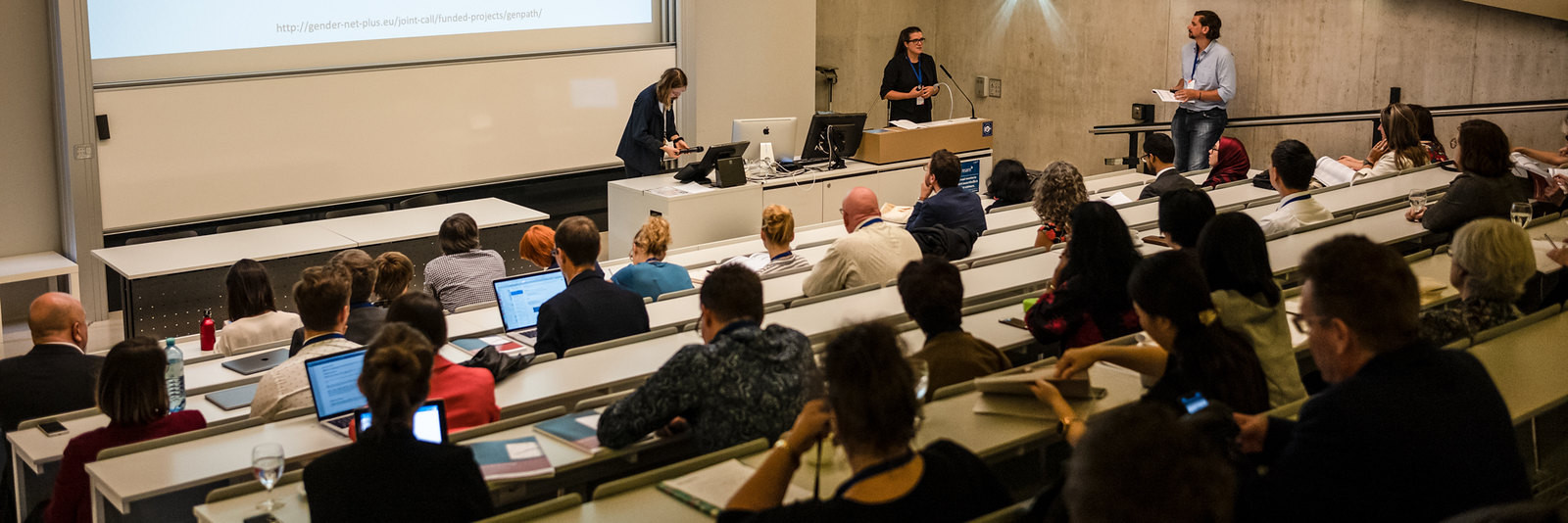Connecting wellbeing, inclusion, and intergenerational futures.
The Network’s themes frame conference dialogue and publications, highlighting key issues in the relationship between aging, equity, and social change.


Four thematic arenas shape ongoing debate: Health and Wellbeing, examining care systems, mental health, and design for aging; Economic and Work Transitions, analyzing retirement, labor markets, and productivity across ages; Representation and Identity, investigating media and cultural images of age and value; and Intergenerational Relations, addressing family, community, and policy frameworks that connect generations. Together, these themes surface tensions between longevity and inequality, dependence and autonomy, innovation and tradition.
Changing demographic profile of populations around the world will have significant economic impacts, at the community, regional, national, or international level.
The aging of populations is going to require changes in the public discourse regarding government policy and community support for the aged. Public policies may be related to legal rights, economic provision of health care, or guarantees of access to housing and social services. Community support may be related to policies and programs that enable civic engagement, provide continuing education, or support diversity.
The growing proportion of people living longer has significant implications for the provision of health services, and for strategies to maintain health and well-being into old age. Medical developments in a variety of areas impact the ways in which aging is viewed and managed from individual and societal perspectives.
An aging population will also have significant social and cultural impacts—on all age groups, as well as the aged themselves. Increased demands on family and community resources are viewed--and managed--differently across cultures, as is end-of-life care. For the aging individual, changes in social relationships, living arrangements, and levels of independence must be navigated.